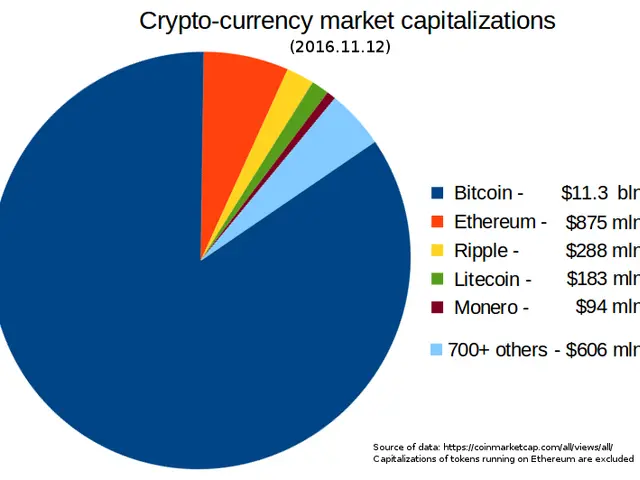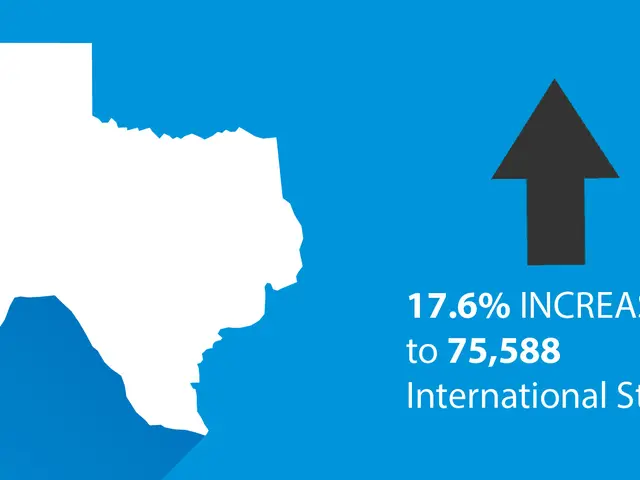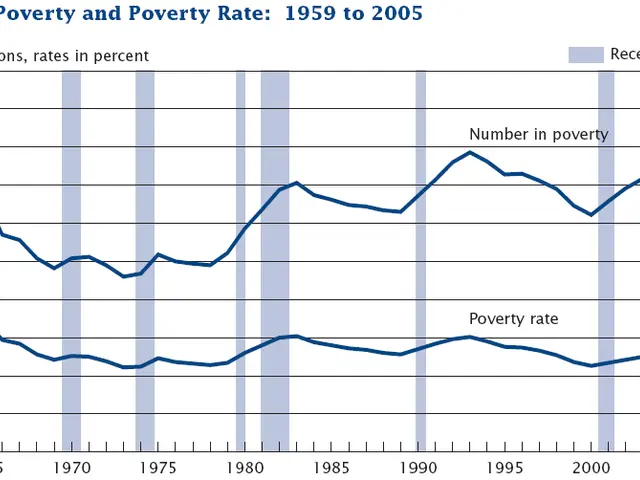Billionaire Investor Philippe Laffont Confirms Buying Stocks in Tesla and Shedding Shares in Microsoft
Tesla (TSLA dropping by 3.25%) shares have seen a considerable increase of 77% over the year so far, surpassing the 23% rise in the S&P 500 (^GSPC dropping by 0.43%). On the other hand, Microsoft (MSFT decreasing by 0.78%) has only managed a 16% increase, lagging significantly behind the benchmark index.
Billionaire Philippe Laffont appears to have a preference for the underperformer. His hedge fund, Coatue Management, offloaded 1.8 million shares of Tesla within the first three quarters of 2024, reducing its stake by an impressive 45%. Meanwhile, Coatue acquired 40,925 shares of Microsoft, boosting its position by a mere 1%. Microsoft now ranks as the fourth-largest holding in Coatue's portfolio, with Tesla slipping to sixteenth place.
Let me shed some light on these Seven Stellar stocks.
Tesla: The stock Coatue Management has been offloading
The short-term investment strategy for Tesla revolves around its upcoming launch of reasonably priced electric vehicles in the first half of 2025, alongside an expected rise in vehicle deliveries. Despite losing approximately 3% of market share through October, the introduction of a sub-$30,000 vehicle paired with lowering interest rates could lead to swifter sales growth and market share gains next year.
Indeed, CEO Elon Musk projects a 20% to 30% growth in vehicle deliveries in 2025, marking a significant improvement from the 2% decline in 2024. Furthermore, Tesla's gross profit margin reached an impressive 19.8% in the third quarter, the highest level since 2022. This upward trend may persist into the next year as lower interest rates support higher prices and Tesla improves its manufacturing technology.
The long-term investment strategy for Tesla is centered around its transition toward artificial intelligence (AI) software and services. Similar to how Apple monetizes its iPhones via App Store downloads and additional products, Tesla aims to generate income through its electric vehicles with full self-driving (FSD) software. Additionally, Tesla plans to launch an autonomous ride-hailing service.
This shift in Tesla's business model will alter its profitability structure. FSD software could introduce a recurring revenue stream exceeding the initial vehicle sales cost, according to John Murphy at Bank of America. Moreover, Elon Musk estimates that autonomous driving technology eventually could boost Tesla's gross margin to 70%.
Setting a timeline for FSD and autonomous ride-hailing services is challenging due to ongoing technological advancements. Tesla will introduce a self-governing version of FSD in California and Texas next year, followed by a ride-hailing service in these states (and possibly others). However, scaling these businesses may take time, making the current valuation seem too exorbitant.
To be specific, the stock currently trades at an astounding 185 times adjusted earnings. This multiple is hard to justify for a company predicted to grow adjusted earnings by 29% in the following 12 months. In my opinion, Tesla is a remarkable company poised to disrupt the transportation and mobility sectors. However, I also believe that the stock has arguably reached unsustainable levels. Prospective investors should be patient for a more favorable opening price.
Microsoft: The stock Coatue Management has been purchasing
The investment strategy for Microsoft focuses on its dominance in enterprise software and public cloud services, particularly as it allows the company to leverage artificial intelligence. In essence, Microsoft is the industry leader in software sales due to its strength in office productivity and enterprise resource planning. Meanwhile, Microsoft Azure ranks as the second largest public cloud in terms of infrastructure and platform services spending.
Microsoft has incorporated generative AI assistants into its Microsoft 365 and Dynamics software platforms. While revenue figures haven't been disclosed, early user adoption has been encouraging. On the third-quarter earnings call, CEO Satya Nadella said, "Nearly 70% of the Fortune 500 use Microsoft 365 Copilot, and clients continue to adopt it at a faster pace than any other new Microsoft 365 suite."
Microsoft has a notable advantage due to its partnership with OpenAI, the developer of ChatGPT. Azure is the only public cloud that permits businesses to use OpenAI models to build custom generative AI applications. Furthermore, AI reportedly contributed about 12% to Azure revenue growth in the third quarter. However, Microsoft lost 3% of its market share sequentially, according to Synergy Research.
At its current trading price, shares are valued at 36 times earnings, a premium to its three-year average of 32 times earnings. Given that Wall Street anticipates 9% earnings growth in the following year, this multiple is hard to justify. However, since Microsoft is entitled to a portion of OpenAI's profits upon the AI startup's anticipated profitability in 2029, the current valuation multiple appears less unreasonable.
I believe that more appealing buying opportunities will emerge for both Tesla and Microsoft in the near future. Nonetheless, if forced to choose between the two at their current price tags, I would lean toward Microsoft.
In the realm of finance and investing, some analysts might consider reallocating funds away from Tesla, given its current valuation of 185 times adjusted earnings, despite projected growth. On the other hand, Microsoft, with its shares priced at 36 times earnings, might present a more appealing buy opportunity for those seeking a lower entry point.
Given Billionaire Philippe Laffont's actions, he appears to favor stocks with potential for significant growth, as demonstrated by Coatue Management's acquisition of Microsoft shares and offloading of Tesla stocks. This strategic move could indicate a shift in focus towards stocks with more attractive growth prospects and lower valuation multiples.








